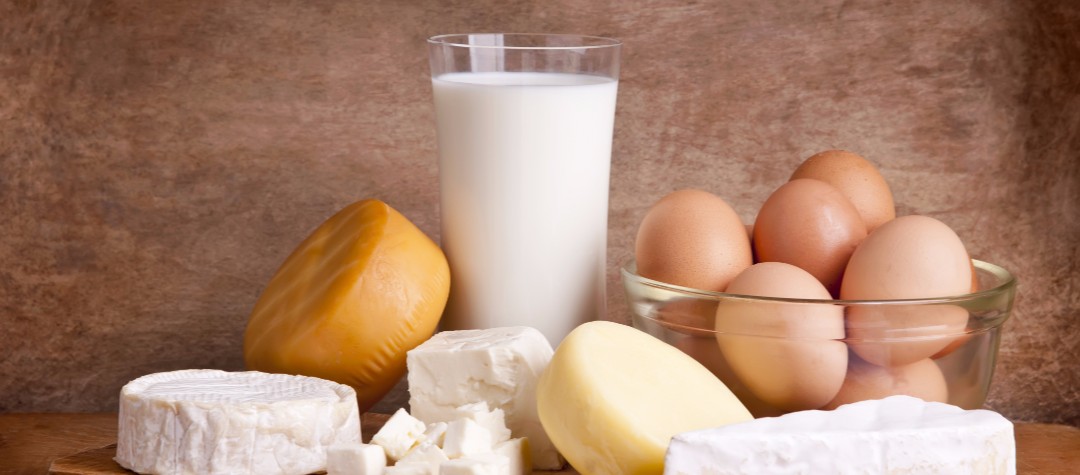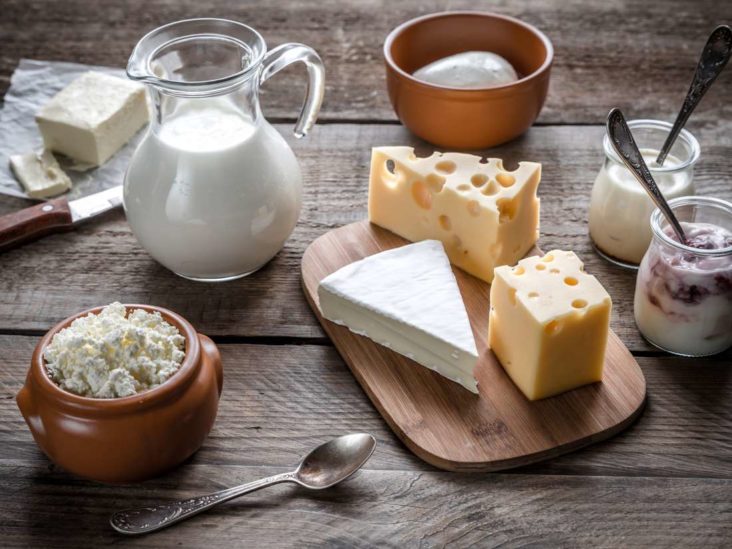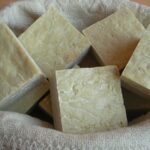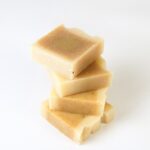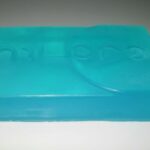What is milk?
What is the importance of consuming milk and dairy products?
How much does a glass of milk meet our needs?
How much milk should you drink?
What should be considered when buying milk?
Milk is a secretion of the mammary glands of animals, and when milk is said, it is mostly cow’s milk. If it is obtained from other animals, it is used together with the species name of the animals. For example, goat’s milk, sheep’s milk. All mammals secrete milk after birth. Known as an indispensable food for babies, milk is also the most important food for adults. It is quite difficult to give the exact composition of milk. Because there are many factors that affect the composition of milk, such as season, feeding conditions, milking method, milking time, lactation period, animal species and breed. It is a complex mixture of milk, fat, lactose, protein, mineral matter and water. Everything about milk and dairy products will be explained below.
What is the importance of consuming milk and dairy products?
Milk, which is necessary at every stage of human life, is a good source of macro and micro nutrients apart from vitamin C and iron. It is known to be very important in terms of bone health, especially in childhood, pregnancy-breastfeeding and old age. When milk and dairy products are considered as a source of some important minerals, especially calcium and phosphorus, and some B group vitamins such as protein and riboflavin, it will be immediately understood that they are an important food group for public health.
Milk protein is of good quality and its utilization rate in the body is 90%. The known contribution of milk proteins to growth and development in the body, as well as their effectiveness in tissue differentiation; It is known that it has positive effects on calcium absorption and immune functions, reduces blood pressure and cancer risk, is effective in controlling body weight, and is protective against dental caries.
Lactose, a milk carbohydrate, is the source of milk energy. Lactose is helpful in the formation of brain and nerve cells and in regulating bowel movements. It develops beneficial gut bacteria by providing a suitable environment (pH). Mild nausea, gas in the stomach, heartburn and mild diarrhea can be seen in those who do not have the habit of drinking milk. These symptoms go away as you continue to drink milk.
How much does a glass of milk meet our needs?
A glass of milk is what a 6-year-old child needs;
35% of Protein, 6% of Energy;
52% of Calcium, 30% of Potassium, 18% of Magnesium, 55% of Phosphorus, 12% of Zinc, 30% of Iodine;
It provides 9% of vitamin A, 11% of vitamin B1, 44% of vitamin B2, 13% of vitamin B6, 98% of vitamin B12, 12% of folate, 16% of niacin.
How much milk should you drink?
Considering that the daily calcium requirement is 1200 or 800 milligrams, there is 240 milligrams of calcium in 1 glass of milk. Therefore, 2-3 glasses of milk should be consumed during the day. However, some people may experience problems such as milk consumption, gas, bloating or indigestion. Alternatively, they can consume dairy products such as cheese, yoghurt, kefir instead of milk.
The need for calcium increases to 1500-2000 milligrams during pregnancy and lactation. Therefore, pregnant and lactating women should consume at least 2-3 glasses of milk.
Bone development continues in childhood and adolescence. In these years, milk consumption makes bone mineralization in terms of calcium and phosphorus. If it is not consumed enough, it leads to bone deformations and osteoporosis, especially after the age of 30.
What should be considered when buying milk?
Milk and dairy products are foods that are consumed or should be consumed every day. However, there are some important points that we should pay attention to when purchasing these products and when using them in our homes.
-When purchasing milk and dairy products, those with original packaging should be preferred. Open cheeses, ice creams, butter are not produced under hygienic conditions and may contain some disease-causing microorganisms that are harmful to human health. For example, in these products made from raw milk, there may be microorganisms such as Brucella and Salmonella that seriously threaten human health.
-Raw milk sold on the street should not be bought. Substances such as carbonate and soda may have been added to these milks, which are sold unpackaged, in order to prolong the shelf life. It may even have been cheated by removing the oil and adding water. Since the cold chain cannot be provided until these milks reach the consumer, the microorganism load may increase. Again, since controlled heating cannot be done in homes or even boiled, vit B1, B6, B12, folic acid, vitamin C loss, color and flavor changes occur in milk. For these reasons, original packaged pasteurized or long-life (UHT) milk should always be purchased.
-When purchasing dairy products, it should be ensured that they are kept cold.
-There should be no leaks or other damage in the packaging.
-It should be purchased by looking at the date of manufacture and expiration date, and the product whose expiration date should not be consumed.
-It should be taken in the amount to be consumed within a few days.
-Milk and dairy products should be placed in the refrigerator as soon as possible after purchase and stored there.
